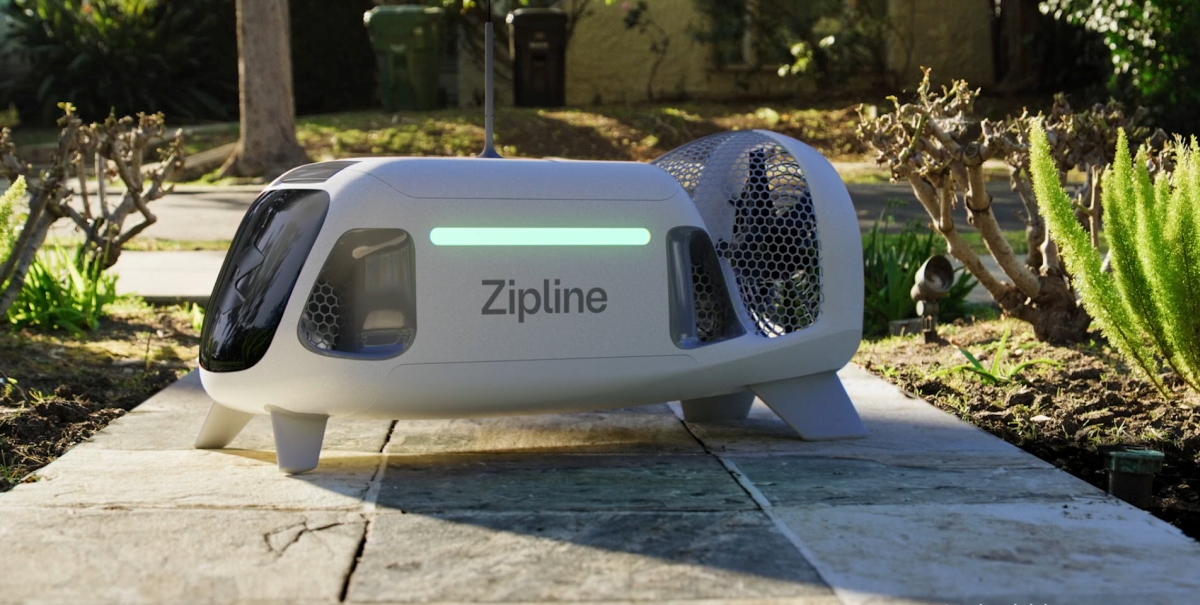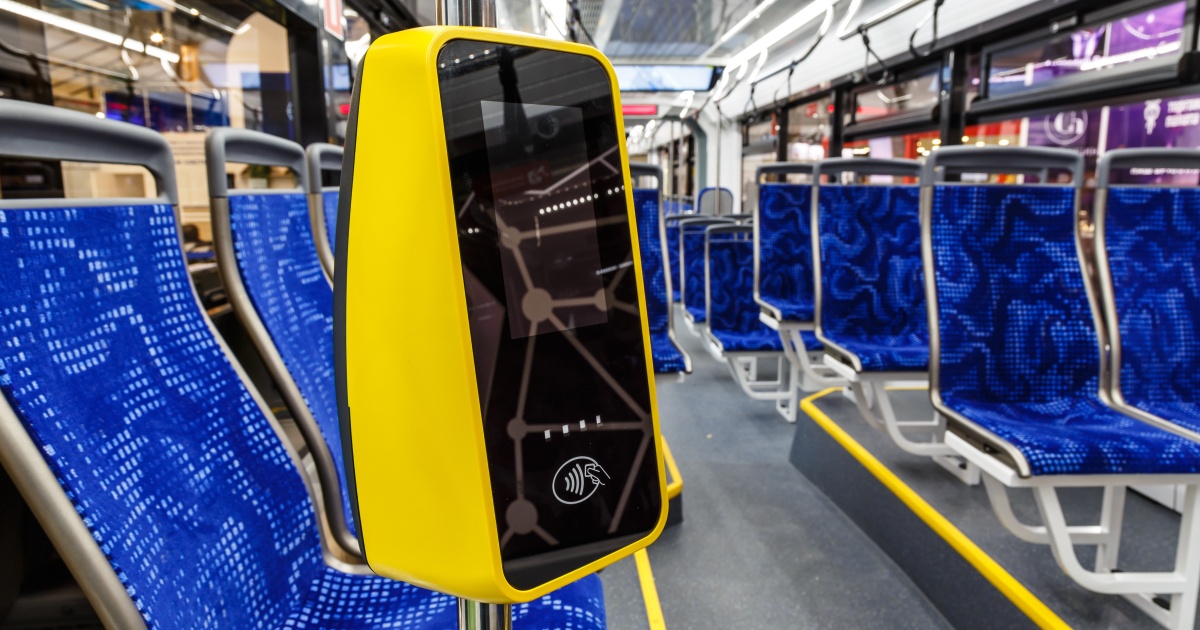
The technology developed to create “smart cities” can make communities more effective and efficient in the use of resources, a necessity given the projected fast growth in urban populations over the next decades. While the definition of a smart city is still evolving, a few things have become clear. Smart cities can leverage information and communication technologies to enhance services across a variety of fields, including transportation.
The development of smart transport technologies, methods, strategies, and infrastructures has drawn much attention in recent years, owing to the rise of smart cities paradigms and the rapid technological advancements in the transport sector. Smart transportation includes the use of several technologies, from basic management systems such as car navigation, traffic signal control systems, container management systems; and to more advanced applications that integrate live data and feedback from various sources.
The global smart transportation market size was USD 92.48 billion in 2021 but is anticipated to grow as more smart cities continue to become a reality. Expected to grow at a CAGR of 11.1 percent, the smart transportation market is predicted to be valued at USD 206.80 billion by 2028.
While the growth is in part due to the rise of smart cities, smart transportation itself has plenty of benefits to offer that make it enticing for organizations and city planners alike. Smart transportation solutions are clean and efficient and can reduce traffic congestion resulting in cleaner air, less wasted time, and reduced energy consumption. In addition, interconnected bike and pedestrian walkways entice people to leave their vehicles at home more often, contributing to a more sustainable environment.
Today, governments and local councils work closely with smart transportation solution providers on solutions that will provide citizens with a better, safer, and more enjoyable place to live and work.
Recently, Smart City Works Venture Studio (SCWVS) announced that Urban Movement Labs (UML) will be joining as an Agency Member of the Smart City Works Venture Studio to further efforts regarding transportation technology innovation. The Smart City Works Venture Studio helps build startups focused on key urban challenges like transportation and mobility.
The studio’s offering includes identifying key trends and opportunities in infrastructure where technology and associated innovative processes can make a difference in how infrastructure is developed, deployed, and maintained in terms of quality, accessibility, equity, cost, and sustainability.
“We are doing all we can to embrace and leverage meaningful innovation for urban mobility,” said Sam Morrissey, Executive Director of Urban Movement Labs. “The partnership with Smart City Works Venture Studio will allow us to have access to emerging urban infrastructure innovation companies and to meaningful academic and industry research for proven methods and best practices for translating such innovation into scalable and repeatable solutions. Linking critical innovation to substantive execution is a crucial part of the equation, and we see Smart City Works Venture Studio as helping make that happen.”
Urban Movement Labs (UML), a Los Angeles-based 501(c)(3) non-profit organization, provides a third space for collaboration, which prioritizes a community-first approach for local agencies, communities, and companies, to co-create and co-implement mobility technology solutions. UML’s aim is to match solutions to daily transportation challenges, then test them in real urban conditions within L.A.’s city limits in a way that provides community members with a sense of ownership via pilots that include community input and feedback.
Advisory partners of Urban Movement Labs represent the largest transportation and goods movement agencies in the City of Los Angeles, such as the Office of L.A. Mayor Eric Garcetti and the L.A. Cleantech Incubator (LACI); as well as many private sector partners including Moceanlab, Lyft, Avis Budget Group, Waymo, Verizon, and now Smart City Works Venture Studio.
With this partnership, SCWVS will be able to provide aid on some of the UML’s projects that are already underway, such as Urban Proving Grounds. Through a network of transportation technology innovation zones, this project has mobility solutions tested and measured against their positive impacts on people’s everyday lives, from making streets safer and air cleaner to quicker commutes and equitable access. Urban Proving Grounds are areas within L.A. designated for testing innovative transportation solutions, starting with the Warner Center 2035 Plan area.
Overall, partnerships like this one between SCWVS and UML is simply proof that smart transportation solutions are becoming more prevalent, and we can expect more cities, apart from Los Angeles, to embrace smart solution technology to improve the overall standard of living.
“As we pull the levers of innovation for infrastructure, we know that these are the opportunities to make a real difference for the key players in the industry. We also recognize that assembling a membership of public agencies, corporations, and public-private partnerships can reveal a holistic assessment of where we are today and where the industry needs to move in the future, connecting that to the innovation we are supporting in the Studio. Having Urban Movement Labs as a part of this group adds a compelling voice for urban mobility to the benefit of all members,” said Tim McManus, Chair of the Smart City Works Venture Studio Board of Advisors and former McKinsey VP of Capital Projects.
“Adding to that, the input from the Columbia University Global Leaders in Construction Management Program underscores the need for ongoing learning and adaptation we all must continually pursue,” McManus also said.
Edited by
Luke Bellos





